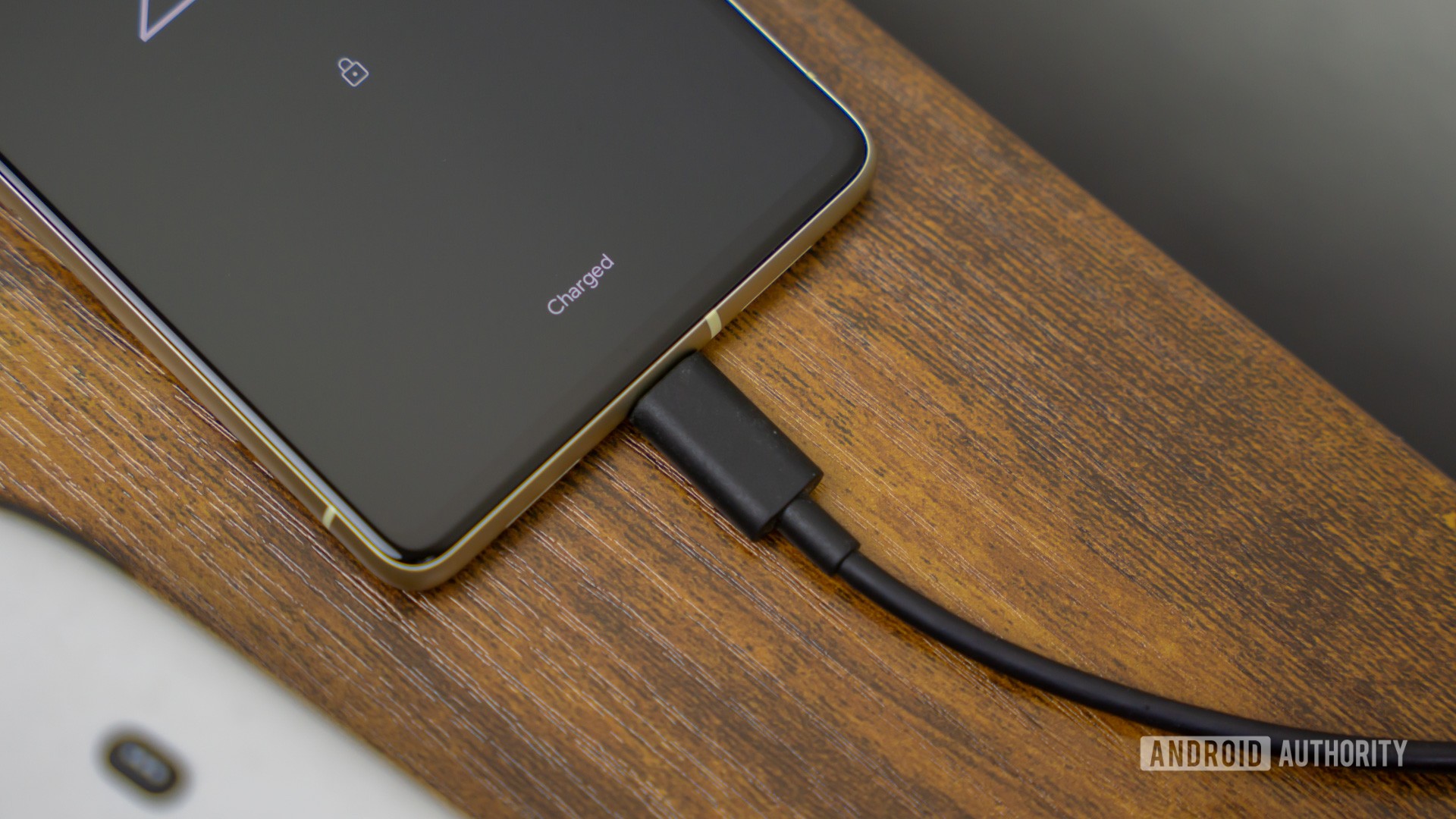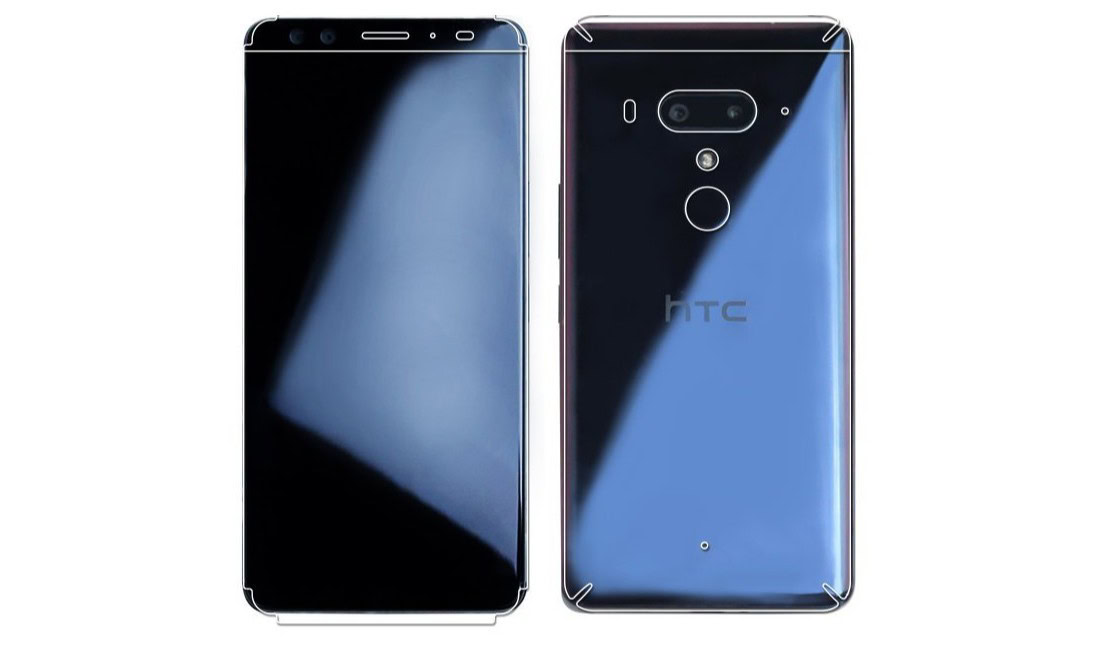Affiliate links on Android Authority may earn us a commission. Learn more.
HTC ad banned for misrepresenting U11 capabilities
April 4, 2018

- An HTCU11 ad featuring an Olympic diver has been banned by the UK Advertising Standards Authority (ASA).
- The advert shows the handset being used in a swimming pool, though its user guidelines say it should only be in contact with fresh water.
- The ASA also says users in similar scenarios would be unable to prevent the device from sinking below the 1M maximum depth stipulated by its IP67 water resistance rating.
The UK Advertising Standards Authority (ASA) has banned an advert that shows Olympic athlete Tom Daley using the HTC U11 at a swimming pool.
In the ad, Daley takes a series of selfies while jumping off a diving platform. According to the BBC, the advertising watchdog reasoned that an average person attempting something similar was “unlikely to be able to prevent their phone sinking below 1M” — the depth until which the device is water resistant (IP67 certification).
The HTCU11’s user guidelines also note that the device shouldn’t “be exposed to non-fresh water.”

The BBC says ASA judged the ad to have “exaggerated the phone’s capabilities in a misleading manner” and that it must be removed from all media channels. At the time of writing, the advert is still live on the HTC YouTube channel.
The story echoes news from 2015 when Sony had to change its stance on the waterproof capabilities of the Xperia Z5. Sony boasted in advertising materials that its phone could be used underwater before later updating them to “better advocate sensible usage” of the device (i.e. to warn customers against using it underwater).
Meanwhile, the ASA also recently banned the OnePlus “Lake Blood” ad due to its violent content.

Some may argue that the type of usage represented in the HTCvideo is so far outside of the norm that it isn’t likely to be misconstrued as a real use case — in other words, nobody is going to take diving selfies with the phone like Olympian Tom Daley. It was a bit of fun, and people take things too seriously these days, they might say.

Others may simply argue that, if a phone billed as water resistant isn’t fit for use in a pool, you shouldn’t advertise it in a pool.
Wherever you stand on the outcome of this particular case, it does highlight a broader issue how phones are marketed. In the recent past, we’ve seen benchmark fixing and fake reviews accusations, while Apple is suspected of going as far as to slow down old phones in attempts to get us to pick up the latest models.
If you’re thinking of buying a smartphone in the future, it’s probably best to do a bit of research before throwing down your cash.
Thank you for being part of our community. Read our Comment Policy before posting.